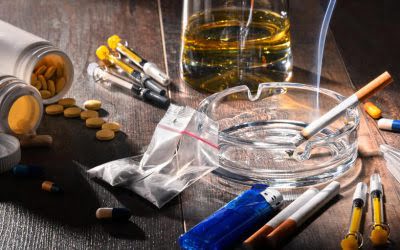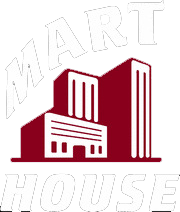Some studies even suggest that sugar can be more rewarding than alcohol and drugs, exerting a powerful influence on the brain’s reward center 7. This relationship between sugar and alcohol cravings highlights the interconnected nature of addiction and the shared impact they have on the brain’s reward system. In addition to nutrition and exercise, other lifestyle factors contribute to managing sugar cravings. The reduction in dopamine can lead to feelings of low mood and cravings for substances that can raise dopamine levels, such as sugar.


Nicotine Addiction Treatment
This can significantly aid the recovery process and support long-term sobriety. Alcohol is known to manipulate the brain’s reward system by increasing dopamine production. Dopamine is a neurotransmitter that mediates feelings of pleasure and relaxation. The surge in dopamine production prompts individuals to continue drinking to maintain these http://www.giftjap.info/freebook/detailed.php?n=3975 good feelings.
Decoding Detox: The Science Behind Cleansing the Body
Further research is necessary to fully comprehend the intricate interplay between genetics and sugar cravings in individuals struggling with alcoholism. When blood sugar levels drop, the body craves sugar to restore glucose levels and regain energy. This physiological response can contribute to the increased sugar cravings seen in individuals with alcohol use http://www.ekranka.ru/?id=a165 disorders.
- Discover if your treatment is covered and navigate the insurance maze.
- Alcohol consumption can significantly impact blood sugar levels, even hours after drinking.
- Understanding this link can lead to more comprehensive and effective treatment strategies.
- Moreover, regular alcohol drinkers can develop tolerance to sugar due to their alcohol intake.
Sugar Cravings in Alcoholism


Recent research suggests that the gut microbiome might also play a role in addiction, particularly in the context of alcohol use disorder (AUD). This section will discuss the influence of alcohol on the gut microbiome and potential microbiome-directed therapies for AUD. Other factors in moderate drinkers’ lives may contribute to the positive http://forallages.ru/games/?id=3689 outcomes 6. Hypoglycemia, or low blood glucose, can occur when alcohol is consumed in conjunction with medications commonly used to treat diabetes, such as insulin and sulfonylureas. This is because the liver prioritizes metabolizing alcohol over maintaining blood glucose levels. The risk of hypoglycemia is particularly high if alcohol is consumed without food 6.
- Unveil the path to addiction freedom with comprehensive treatment strategies and supportive care.
- Fulfilling your caloric needs with sugar instead of healthy, nutrient-dense foods to heal during and after detox means you aren’t getting what your body needs.
- As individuals progress further into recovery, their eating patterns tend to become more structured, leading to a reduction in sugar cravings.
- Alcohol consumption can disrupt serotonin levels, leading to imbalances that can contribute to both alcohol cravings and sugar cravings.
- The associations between attitudes toward sweets, sugar consumption, sweet craving, and craving for alcohol has received little empirical attention in treatment-seeking samples.
- It offers tailored therapy and support, making it a cost-effective and practical option for those with mild to moderate addiction issues.
